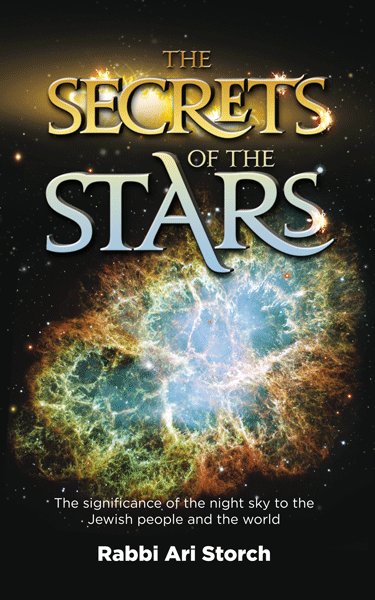We are taught that the bracha given to Yissachar in this week’s parsha is a reference to the fact that his children were experts in astronomy. In fact, the Rambam takes for granted that there used to be many volumes written by the descendants of Yissachar that detailed the celestial movements (Kiddush HaChodesh 17:24). As such they were able to determine the appropriate times for Rosh Chodesh as well as other complexities within the calendar. This is seen by his comparison to a donkey which is capable of shouldering a heavy yoke in order to carry it for its master.
Perhaps, the similarity does not end there. The pasuk tells us that he has no rest and that he sleeps outside of the city. This might be part of how Chazal knew to specifically apply Yissachar’s yoke to the necessary knowledge of astronomy. As any astronomer knows, one must leave the city in order that the pollution and city lights not interfere with his observations (yes, even back then the heat from the fires and the associated lights would create viewing problems). Also, it is obvious that the astronomer must be awake in the nighttime and, therefore, he will not be getting much rest.
The question that one might ask is that it seems from the Gemara in Rosh Hashana (24-25) that the household of the nasi, the descendants of David HaMelech (from Yehuda not Yissachar), was charged with this knowledge (see Superhuman Sight post of August 5). This apparent contradiction can, perhaps, be resolved by the Radak’s commentary to Divrei HaYamim 1 12:32. The Radak mentions that it was necessary for the king to play a role in the process of implementing the calendar.
It would seem that Yissachar was never the one who actually made the calendar, he was just the advisor to the king. The king, himself, would make the final determination whether he wished to listen to Yissachar’s advice. Therefore, after the monarchy had been abolished, it was the king’s descendants, the houshold of the nasi, that were empowered with this decision making. This is similar to the donkey in the bracha. The donkey is not carrying the burden for himself, he is merely shouldering it for his master. Yissachar’s extensive knowledge of astronomy was not intended to be used by Yissachar, rather, the king would implement it, as necessary.
To leave off with an oddity found regarding the earlier pasuk from Divrei HaYamim, the Targum seems to mention that Yissachar was also alloted the task of serving as the official astrologers of Klal Yisrael. It would seem that they would read the stars for astrological signs and determine (and, perhaps, advise the king) of the future events and of the necssary actions that Klal Yisrael must take. This is an amazingly fascinating explanation because this practice is something that is deemed to be a biblical prohibition (see Y”D 179). For more on this
click here.
Also, for a celestial description of Yaakov's funeral click here.
Subscribe to:
Post Comments (Atom)


No comments:
Post a Comment